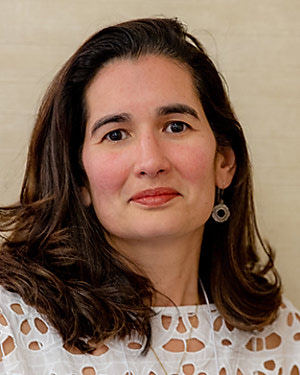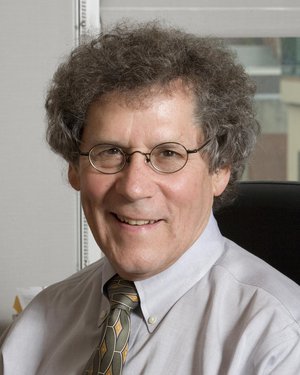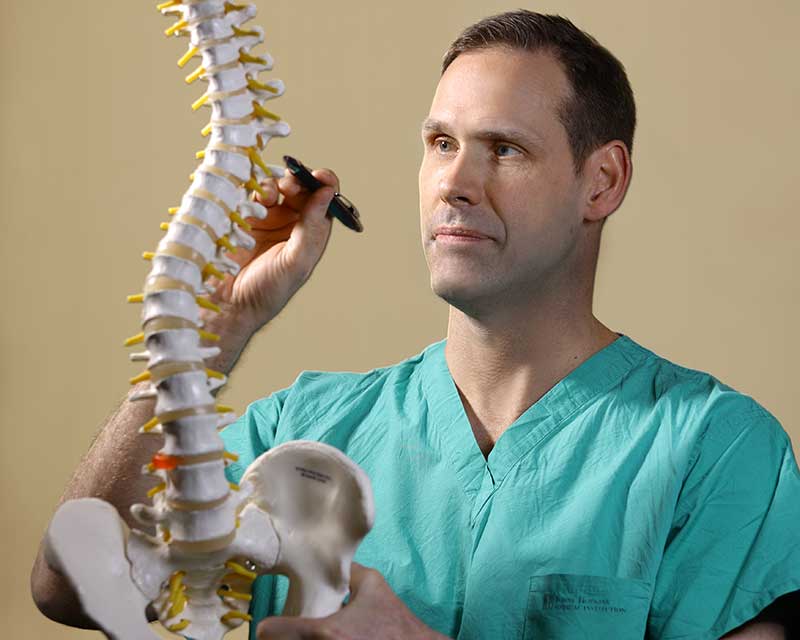Tarlov cysts are sacs of fluid that form in the bottom end of the spine. Many lead to chronic pain as they compress nerves, and can be difficult to treat. The Tarlov Cyst Program at Johns Hopkins combines research, patient care and patient education to help shed light on this condition, grow knowledge and awareness around it, and help people who suffer from it.
Tarlov Cyst Research
Research Team
Drs. Nara Sobreira, David Valle and Hal Dietz in the Department of Genetic Medicine at Johns Hopkins are using state-of-the-art genetic methods to explore the cause of Tarlov Cyst Disease (TCD), hoping to inform the diagnosis and treatment of people with this condition.
In partnership with the Tarlov Cyst Disease Foundation and Dr. Witham and his colleagues in the Department of Neurosurgery, the genetics team has collected DNA samples from dozens of people with TCD, initially focusing on those with severe disease and/or a family history of TCD.
What We Study
Using a method called whole exome sequencing, we routinely scan virtually all genes in the human genome for DNA changes (variants) that have the potential to predispose or cause TCD. The goal is to create a list of candidate genes for further investigation.
We consider the function of a subset of candidate genes, which suggests a possible defect in the way cells interact with and connect to extracellular molecules and/or other nearby cells. We are testing this hypothesis.
We also study other potentially related disorders that affect the membranes covering the nervous system (the meninges), including a predisposition for dural ectasia and spontaneous leakage of the cerebrospinal fluid. Broadening our understanding of the factors affecting the strength and integrity of the meninges could improve the quality of life for people with TCD and related conditions.




